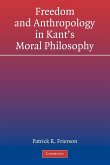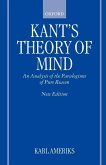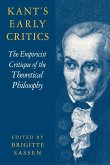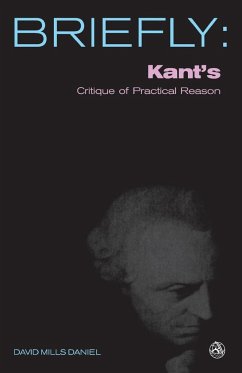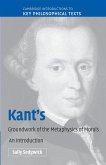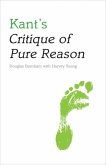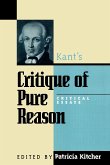The essays in the second part explore Kant's view that morality requires a systematic union of persons as ends in themselves and of the ends that persons set for themselves, and examine the system of duties and obligations necessary to realize such a systematic union of persons and their ends. These essays thus examine both the general foundations of Kant's moral philosophy and his final account of the duties of right or justice and of ethics or virtue in his late work, the "Metaphysics of Morals". The essays in the third part examine Kant's attempt, in the last of his three great critiques, the "Critique of the Power of Judgment", to unify the systems of nature and freedom through a radical transformation of traditional teleology as a theory of the creation of organic nature into an account of our experience of organic nature and of nature as a whole.
Paul Guyer is acknowledged as one of the world's foremost Kant specialists, and he collects here some of his most celebrated essays from the past decade and a half. The governing theme of the volume is the role of systematicity in Kant's theoretical and practical philosophy. Featuring two brand-new papers and an introduction to orient the reader, Kant's System of Nature and Freedom will be an essential purchase for anyone working on the history of philosophy and related areas of ethics, philosophy of science, and metaphysics.
Paul Guyer is acknowledged as one of the world's foremost Kant specialists, and he collects here some of his most celebrated essays from the past decade and a half. The governing theme of the volume is the role of systematicity in Kant's theoretical and practical philosophy. Featuring two brand-new papers and an introduction to orient the reader, Kant's System of Nature and Freedom will be an essential purchase for anyone working on the history of philosophy and related areas of ethics, philosophy of science, and metaphysics.


